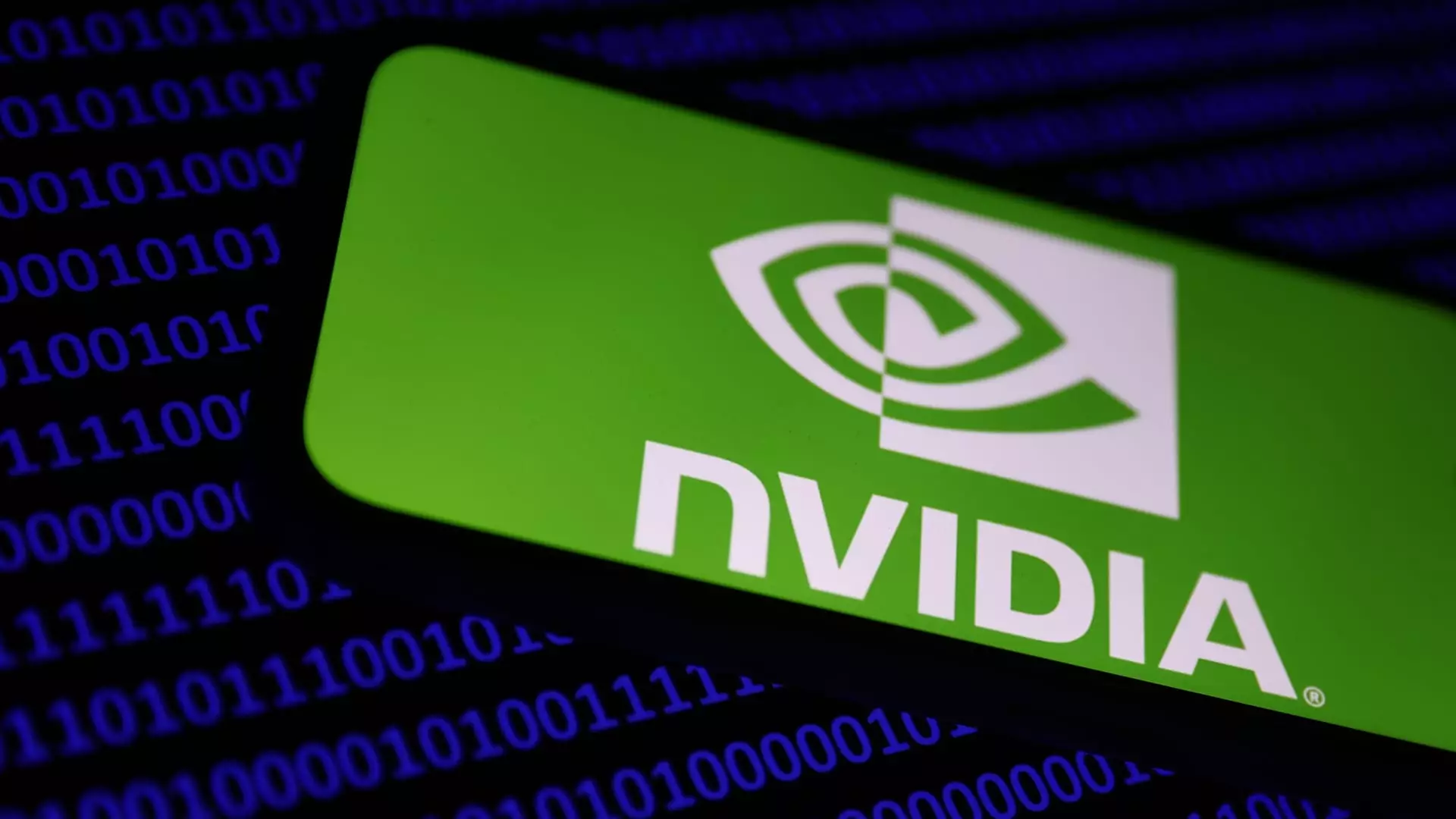Nvidia’s shares faced a decline in U.S. premarket trade recently, as the company’s fiscal second-quarter gross margin witnessed a slight dip. The company’s revenue beat was overshadowed by heightened expectations from investors. The stock initially dropped by 4.6% in early premarket deals but managed to recover slightly to a 1.46% decline by a specific time.
Nvidia reported a substantial increase in revenue during the July quarter, exceeding $30 billion, marking a remarkable 122% year-on-year growth. This quarter marked the fourth consecutive period of triple-digit revenue growth for Nvidia. Despite its impressive performance, the company is encountering challenges as it expands rapidly, leading to tougher annual comparisons.
For the fiscal third quarter, Nvidia provided revenue guidance that surpassed market expectations, setting it at $32.5 billion. Although this would represent an 80% year-on-year uplift, it signifies a deceleration from the growth rate seen in the June quarter. Additionally, Nvidia disclosed that its gross margins are anticipated to be in the “mid-70% range” for the entire year, falling slightly below analysts’ predictions of 76.4%.
The stock market’s response to Nvidia’s earnings report was underwhelming, as the company would have needed to exceed all projections significantly to spark a positive reaction from investors. This lukewarm reception led to a stock pullback, adding to Nvidia’s extraordinary run that saw its shares surge over 150% since the beginning of the year and more than 750% since 2023.
Nvidia’s stock performance influenced other semiconductor companies globally, with market leaders such as Samsung and Taiwan Semiconductor Manufacturing Company experiencing declines. These companies, along with many others, have heavily relied on Nvidia’s graphics processing units to train AI models, making them vulnerable to fluctuations in Nvidia’s stock price.
During its earnings call, Nvidia addressed concerns regarding potential delays in its next-generation Blackwell AI chip. Despite this, the company remains optimistic about its future prospects and announced a substantial $50-billion stock buyback program as a signal of confidence in its growth trajectory. Nvidia’s ability to navigate challenges while seizing opportunities in the AI sector will influence its performance in the coming quarters.

